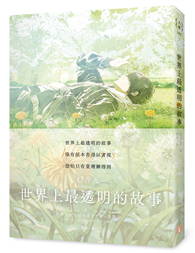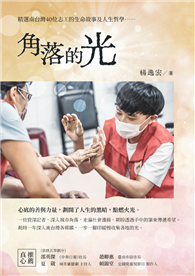Between World War I and World War II, women flocked to Chicago’s parks, playgrounds, and clubs, becoming enthusiastic participants, players, and fans of the games of the time. Robert Pruter’s Modern Women and Sports in Interwar Chicago; 1918-1941, examines how the Windy City became home to advancements in women’s track and field, swimming, basketball, golf, speed skating, and softball. As a work of sport and urban history, Pruter’s text situates the vibrant world of women’s athletics within the context of interwar Chicago’s new infrastructure and support from its religious and cultural institutions, newspapers, and industrial and retail firms.
Woven into this historical analysis are biographies of individual athletes, including Edith Cummings, the 1920s golf star who inspired F. Scott Fitzgerald, and Tidye Pickett, the first African American woman to compete in the Olympic Games. Modern Women and Sports in Interwar Chicago provides a detailed look at developments in the city, the rise of women’s sporting culture, and the lives and social contexts of the athletes who navigated gender norms while embracing more inclusive recreation and competition.| FindBook |
有 1 項符合
Modern Women and Sports in Interwar Chicago: 1918-1941的圖書 |
 |
Modern Women and Sports in Interwar Chicago: 1918-1941 作者:Pruter 出版社:Syracuse University Press 出版日期:2025-01-17 語言:英文 規格:精裝 / 376頁 / 普通級/ 初版 |
| 圖書館借閱 |
| 國家圖書館 | 全國圖書書目資訊網 | 國立公共資訊圖書館 | 電子書服務平台 | MetaCat 跨館整合查詢 |
| 臺北市立圖書館 | 新北市立圖書館 | 基隆市公共圖書館 | 桃園市立圖書館 | 新竹縣公共圖書館 |
| 苗栗縣立圖書館 | 臺中市立圖書館 | 彰化縣公共圖書館 | 南投縣文化局 | 雲林縣公共圖書館 |
| 嘉義縣圖書館 | 臺南市立圖書館 | 高雄市立圖書館 | 屏東縣公共圖書館 | 宜蘭縣公共圖書館 |
| 花蓮縣文化局 | 臺東縣文化處 |
|
|
圖書介紹 - 資料來源:博客來 評分:
圖書名稱:Modern Women and Sports in Interwar Chicago: 1918-1941
|

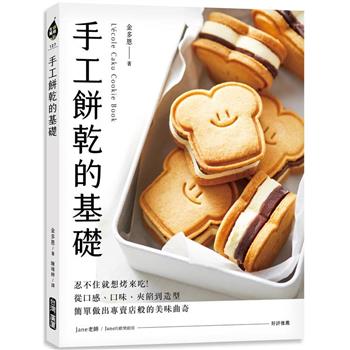
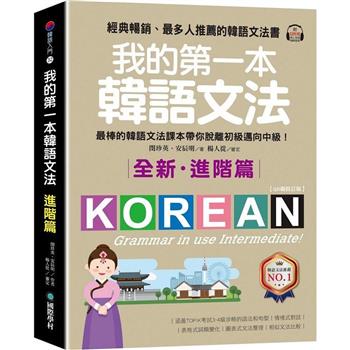
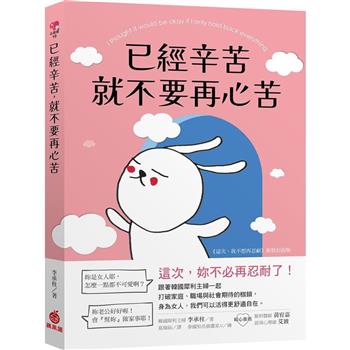
![塔木德:猶太人的致富聖經[修訂版]:1000多年來帶領猶太人快速累積財富的神祕經典 塔木德:猶太人的致富聖經[修訂版]:1000多年來帶領猶太人快速累積財富的神祕經典](https://media.taaze.tw/showLargeImage.html?sc=11100697818)


